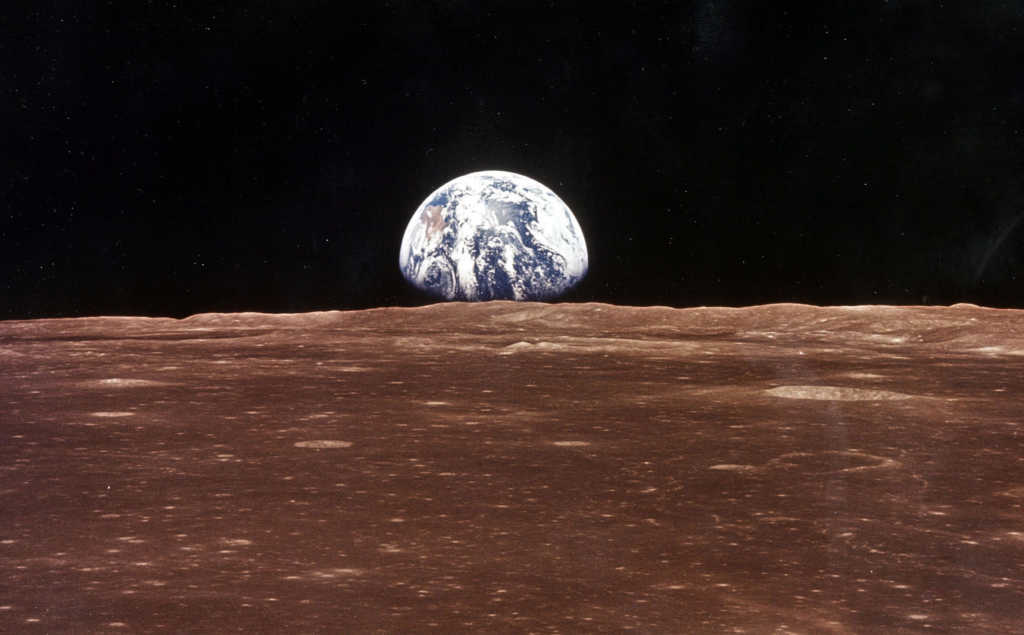Depending on your point of view, either Earth’s natural resources are as endangered as, well, as newspapers . . . or environmentalism is getting a long-needed reality check. Either way, it pays to ask why our planet should matter–even to those of us with no firsthand experience of ice caps, monarch migrations or rainforests.
The answer is that it all matters to God.
The first Earth Day, on April 22, 1970, was the brainchild of a Wisconsin senator determined to channel some of the energy to protest the Vietnam war into environmental activism. At the time a lot of Americans jumped on board while a lot of other Americans crossed their arms and harrumphed. Either side would have been mistaken, though, to think environmental responsibility was newly minted.
Millennia ahead of 1970, God had initiated care for environmental responsibility when he gave Adam and Eve their job description, as recorded in Genesis’ early chapters.
“Be fruitful and increase in number; fill the earth and subdue it,” God said in Genesis 1:28, appointing his first animal husbandry and agronomy specialists. “Rule over the fish in the sea and the birds in the sky and over every living creature that moves on the ground.”
And leading straight into that first Earth Day pronouncement? Genesis reports, “God blessed them.”
For every believer, then, the blessing to “rule every living creature” ties directly to God’s instructions to care for the creatures’ homes in the sea, sky and earth. It’s equally clear that this world is ours to use but not to misuse.
In recent years, for me, that early mandate has stayed top of mind as I’ve combed through evidence and explored the historical reliability of the Book of Genesis. In my extensive search, the driving question has been: is this book’s story of creation—the universe, the Earth . . . you and me—fact or fable?
In 2017, a lot of folks, Christians even, default to the notion that the current science paradigm is not just evidence but unassailable truth. Yet even scholars disagree on what the data means; even scholars close to important studies will tell you that while science has its narrative of the earth’s history, the fundamentals of science require its own leaps of faith.
My point isn’t to force God vs. science, or Genesis vs. anything. My purpose is to remind us to open our eyes and minds fully as we ask ourselves what most reliably explains the phenomena around us. Given that Earth’s history has more than one narrative, they can’t all be correct.
Maybe you’re thinking, no one can really know… we weren’t there. So either way, why does it matter?
It matters because ideas have consequences. What shapes our thinking inevitably shapes our behavior and our behavior shapes our culture and our world. If Genesis is an accurate record, then God has told us to enjoy Earth’s resources even as we respect and conserve them. If Genesis is irrelevant, so are our actions.
Absent Genesis, for instance, except for laws, what’s to stop us from living any way we want? Other than a personal interest in the environment, what’s the basis for our responsibility to it? Why care about anything or anybody, other than myself?
If Genesis is an accurate history of our biological and physiological beginnings, it similarly touches almost every other aspect of life. If it isn’t, everything is up for grabs.
I’ve come to believe that God was green way before green was cool.
And I know it because . . . Genesis is history.
—
Dr. Del Tackett is the creator of The Truth Project and featured in the new documentary Is Genesis History? In theaters nationwide for one night Thursday, Feb. 23, from Compass Cinema.


